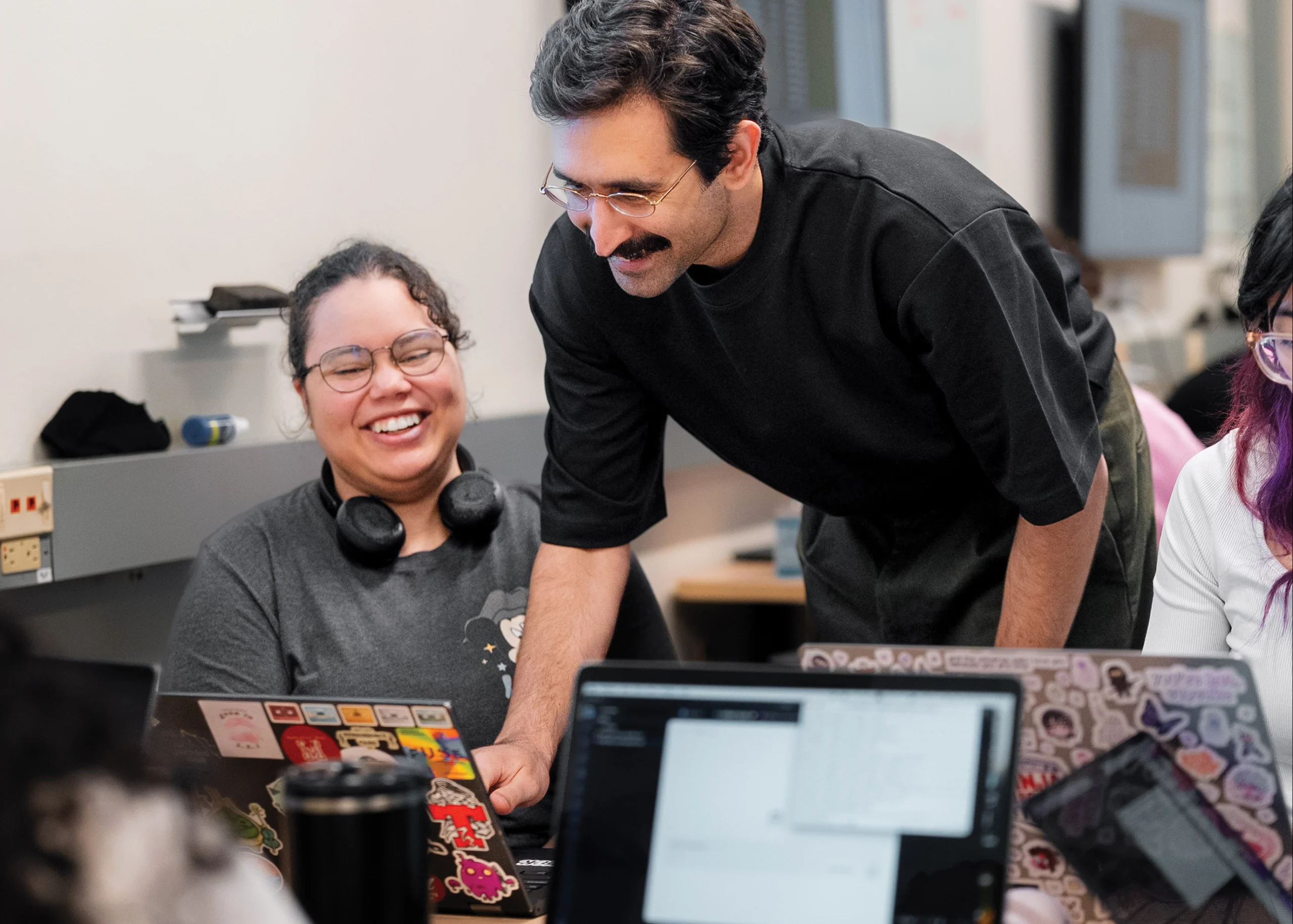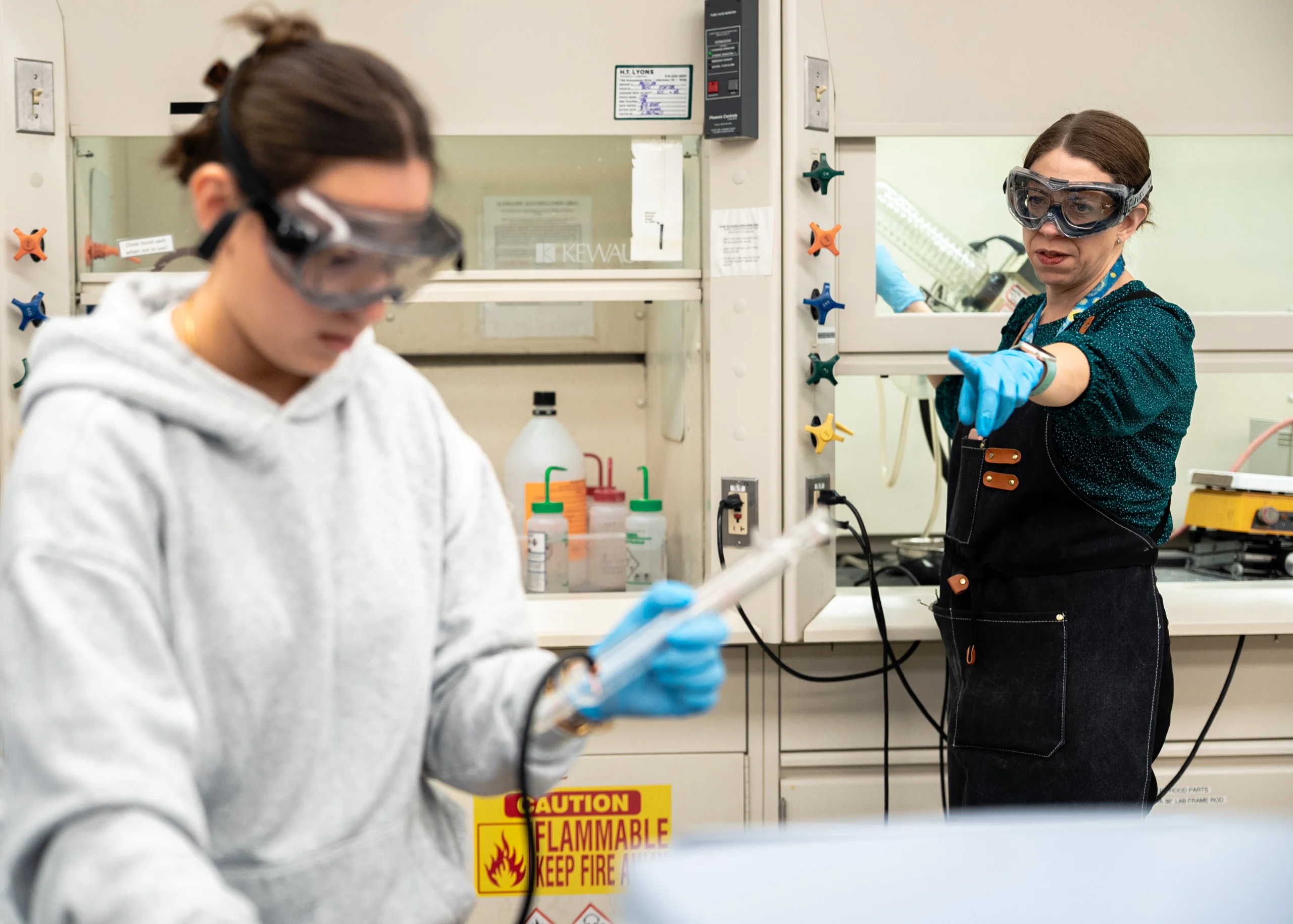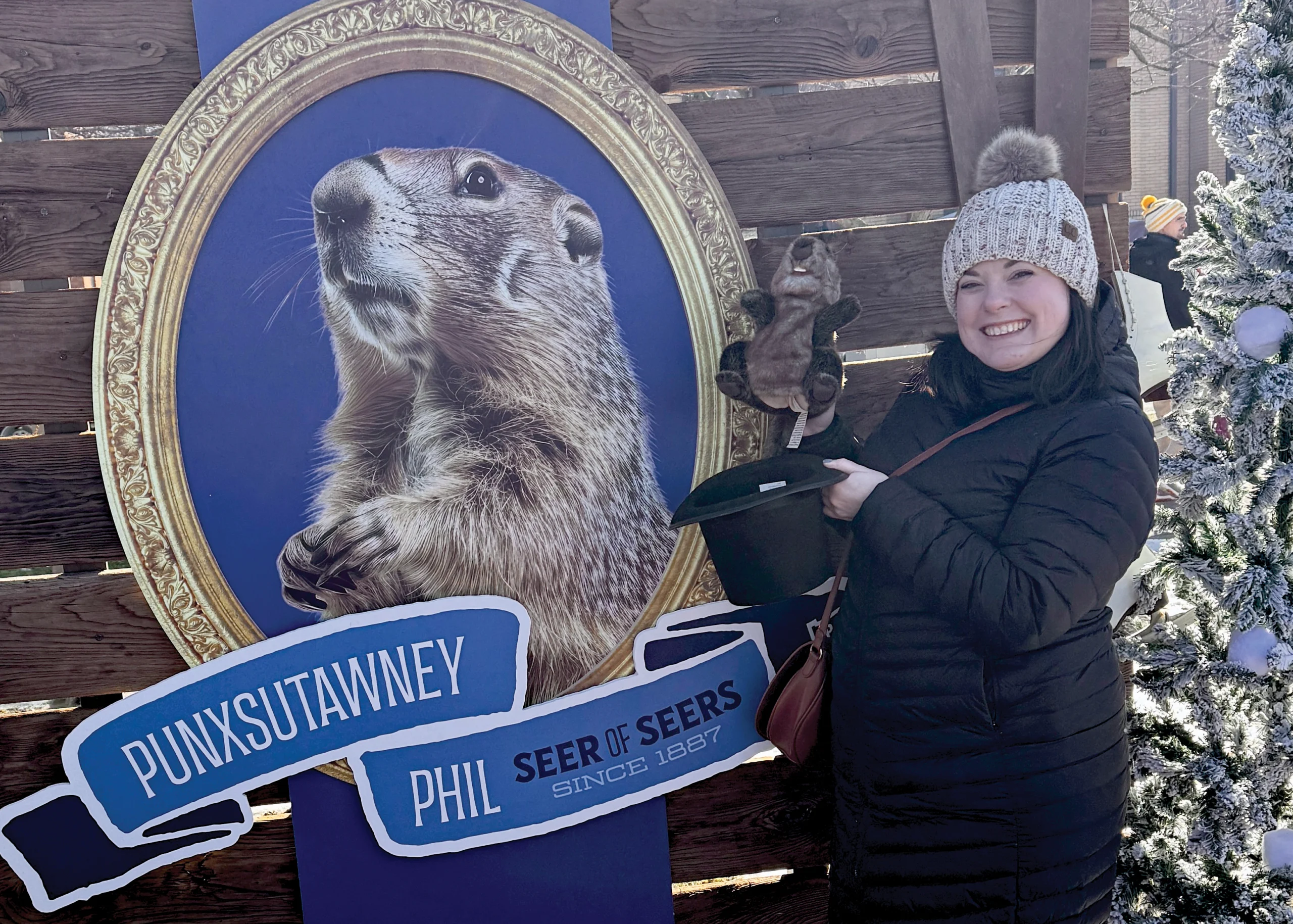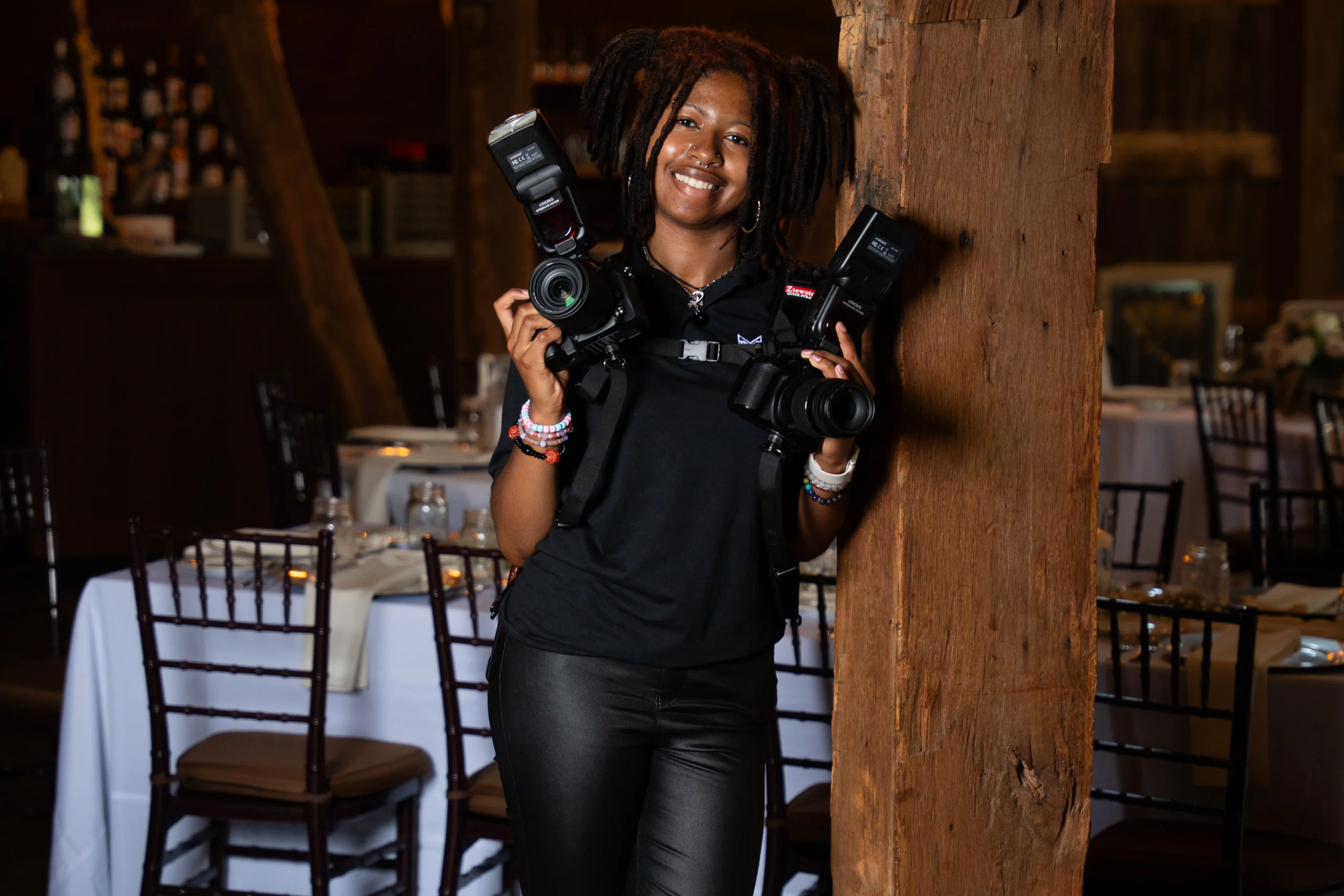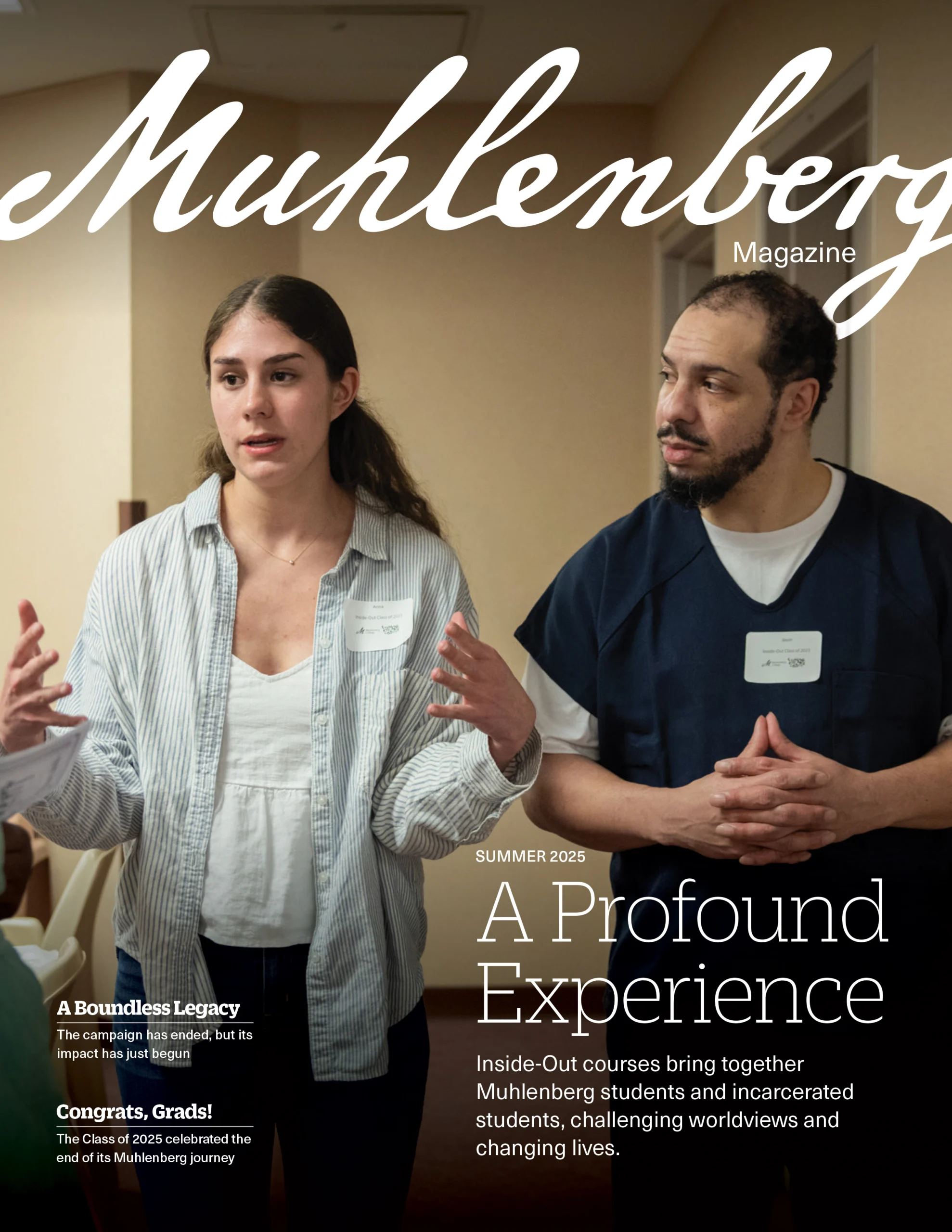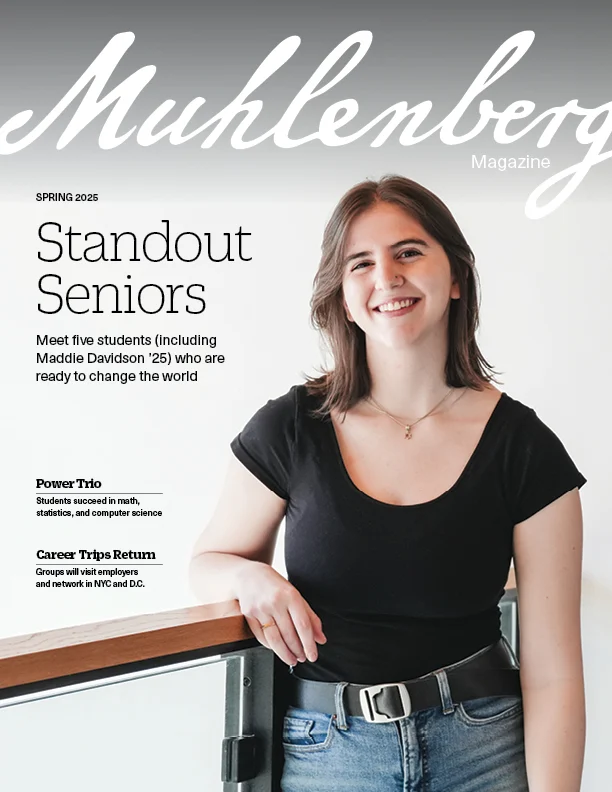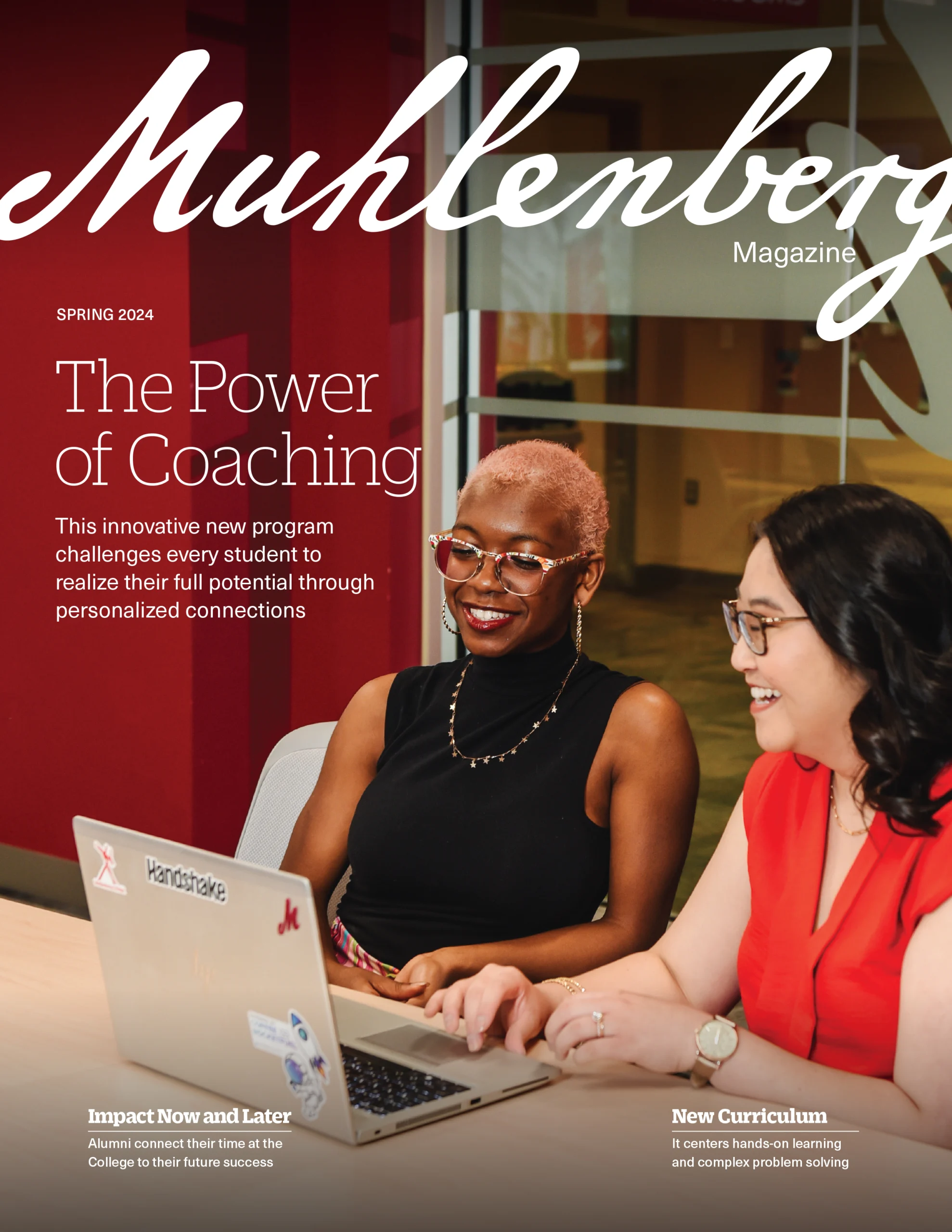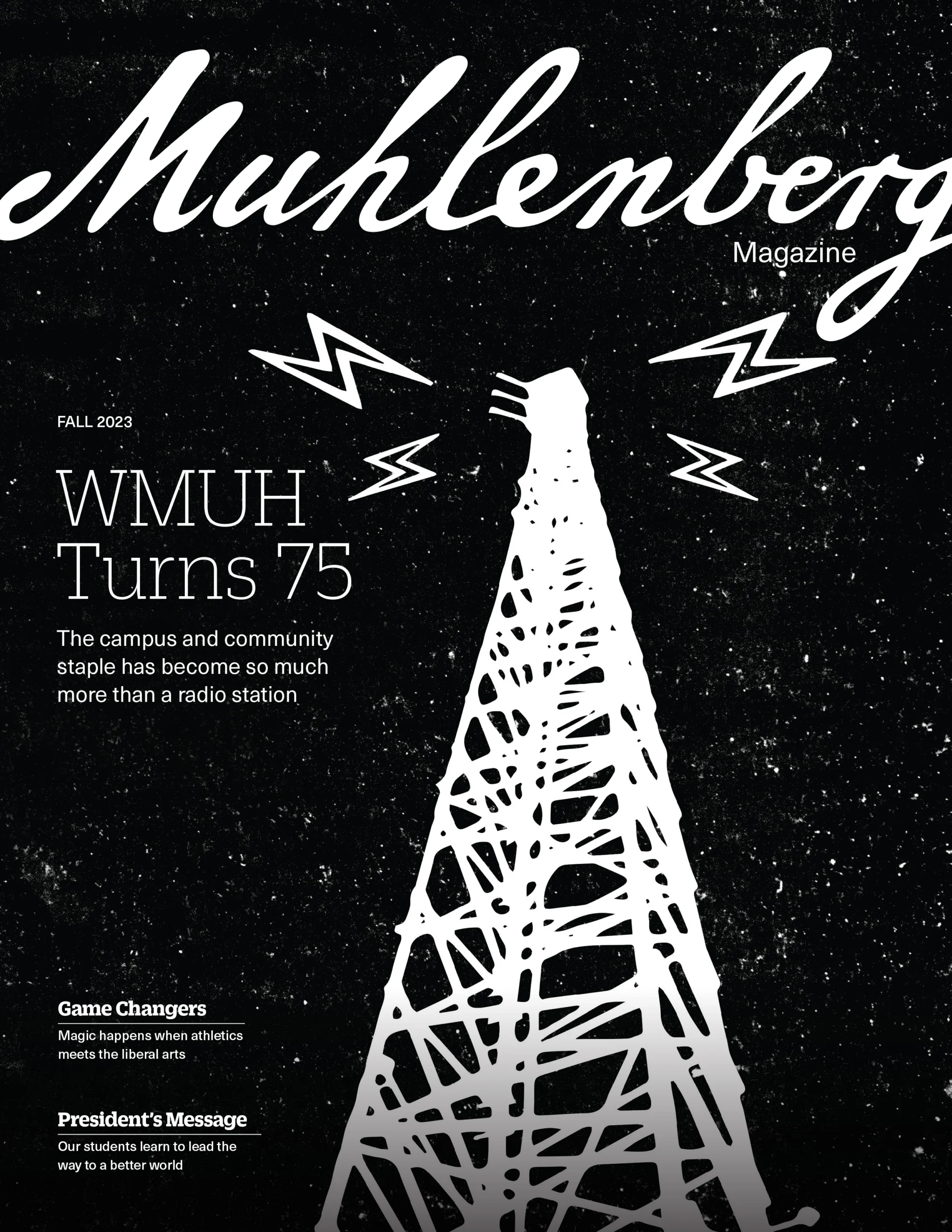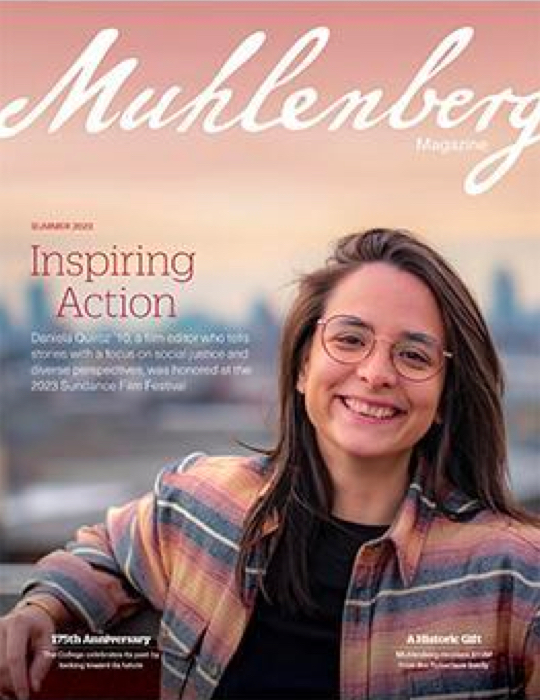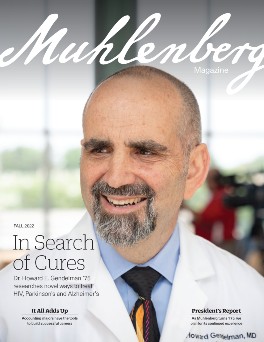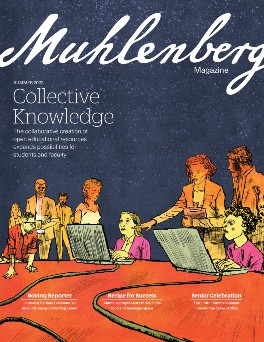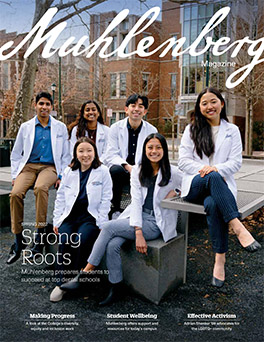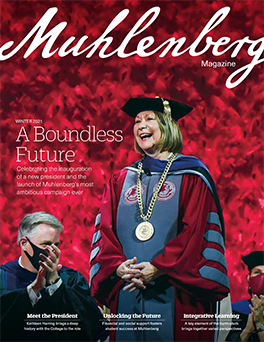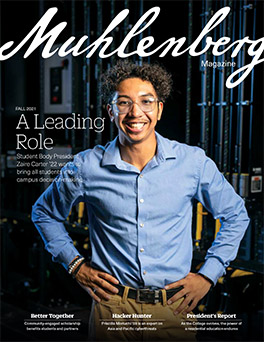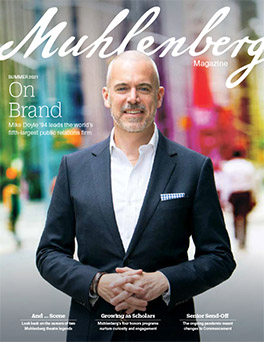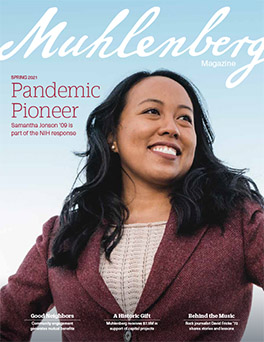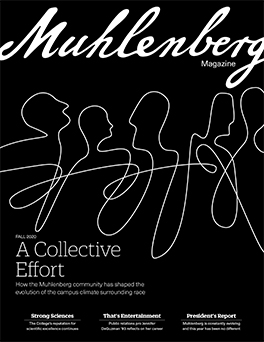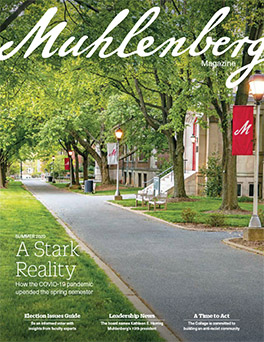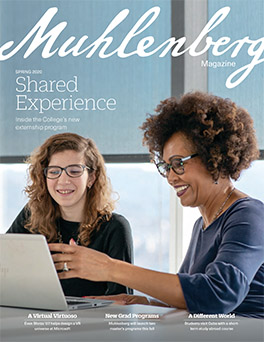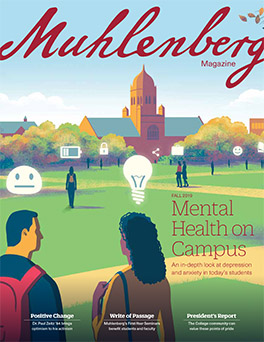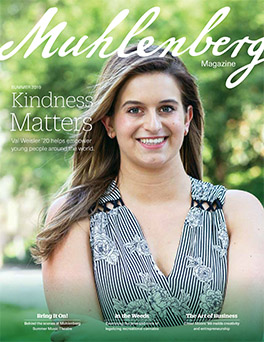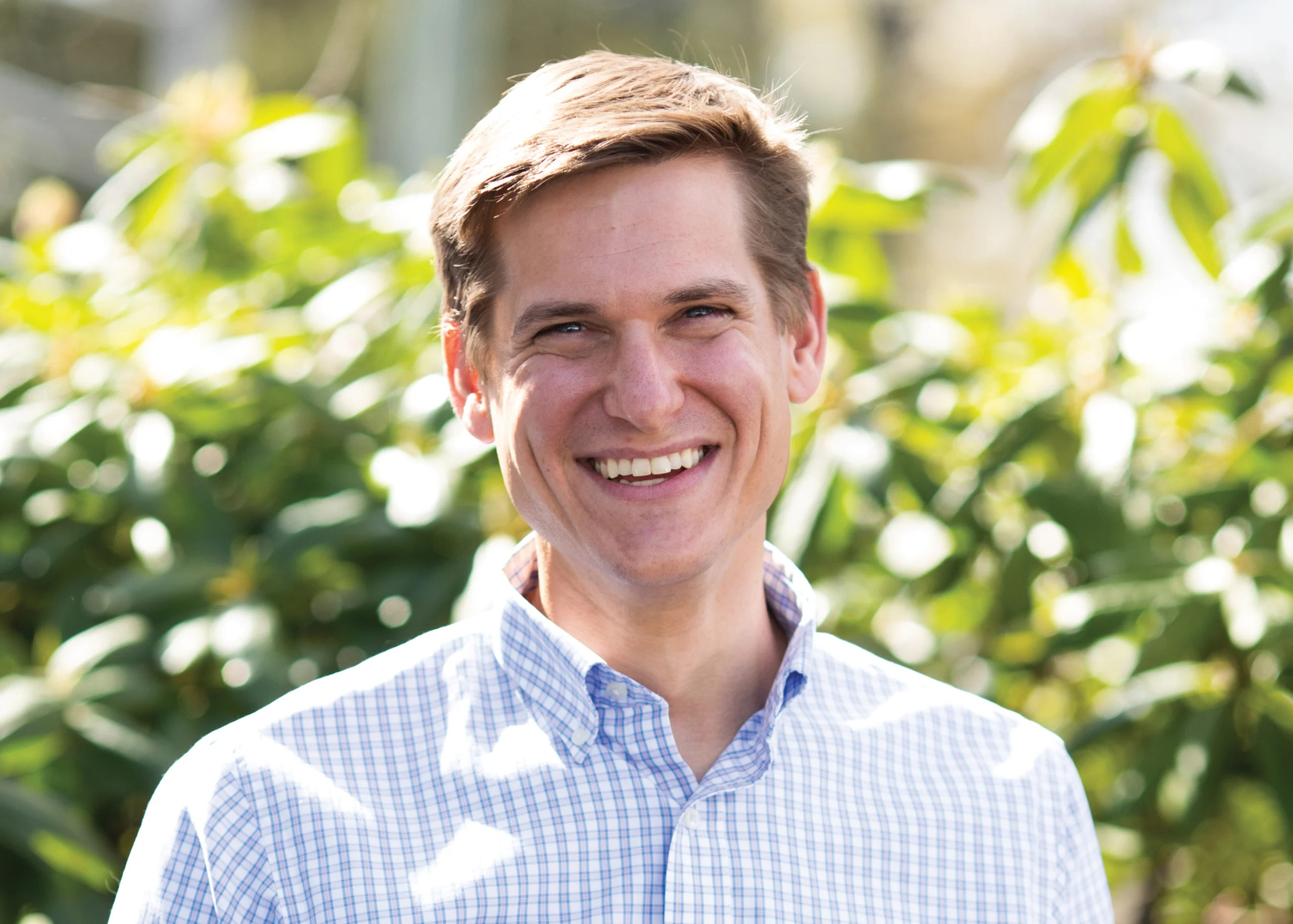
Dr. Bob Tarby ’06
The ability to spend time with patients led Tarby to choose dental school over medical school to become an orthodontist.
To Dr. Bob Tarby ’06, patients are people first. Their stories and personalities play an important part in his approach to patient care, and getting to know the kids and adults in his treatment chair — their interests, social lives and habits — is always part of Tarby’s process as he develops a treatment plan. This ability to spend time with patients led Tarby to choose dental school over medical school, and this curiosity about other people and the world is what drew him to Muhlenberg’s liberal arts curriculum.
He knew coming in that he would study biology. For his first-year seminar, a class meant to introduce new students to college-level writing, he took Laughing to Death with Professor Emeritus of English David Rosenwasser: “It was basically about how comedy deals with the things that tragedy can’t handle,” Tarby recalls.
“You think about a lab report and it’s similar to how you think about writing an English paper … That process of thinking critically and analytically is not that different.”
The class changed his life, in multiple ways. He registered for a spring semester class with Rosenwasser, whom he still considers a mentor, and eventually declared English as a second major. He got involved with the Writing Center, helping to workshop other students’ assignments. He even met his wife (Betsy Woerner ’06, also an English major) in that first-year seminar. Tarby soon discovered a lot of overlap between his two fields of study.
“You think about a lab report and it’s similar to how you think about writing an English paper,” Tarby says. “You make observations. You have a thesis or a hypothesis. You gather evidence. You prove your point. That process of thinking critically and analytically is not that different.”
Tarby went on to the Harvard School of Dental Medicine and then completed a residency in orthodontics and earned a master’s degree in oral biology at the Eastman Institute for Oral Health of the University of Rochester. Of his educational experiences, Tarby recalls his time at Muhlenberg most fondly: “It was the least ‘means to an end,’” he says. Muhlenberg taught him to be open to multiple viewpoints and to evolving information, which helps him stay up to date with new technologies and best practices in orthodontics. He practices near his home in southern New Jersey.
“Rosenwasser would always joke that you’re in college to learn how to thrive at cocktail parties, which is kind of true: That’s part of building patient relationships,” Tarby says. “I don’t know that I want to think about getting to know someone as a business, but on the business side, that means a lot in terms of building community and referrals. I live where I practice. My kids go to soccer and everybody’s a patient. That’s a unique model, but I kind of live what I do, and I like that.”


